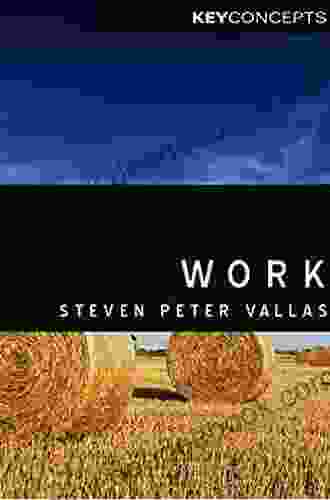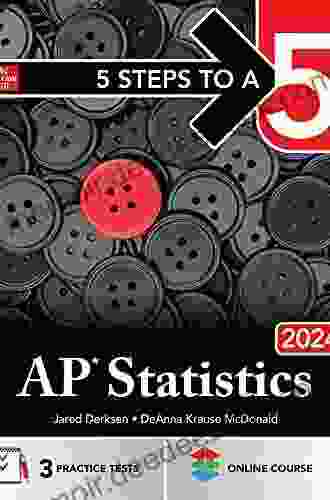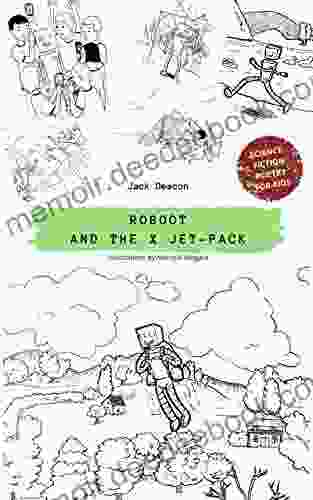Work Critique: Key Concepts and Techniques for Effective Collaboration

In the dynamic and ever-evolving workplace, the ability to critique and receive critique is crucial for fostering effective collaboration and continuous improvement. Work critique involves providing constructive feedback on the performance, ideas, or outcomes of others, with the primary goal of enhancing performance and achieving desired objectives. This article delves into the key concepts underlying work critique and explores practical techniques to ensure a constructive and productive critique process. By embracing the principles of work critique, individuals and teams can unlock the potential for innovation, growth, and excellence in their collaborations.
Key Concepts of Work Critique
- Objective and Factual: Work critique should be based on observable facts, data, or specific instances rather than subjective opinions or personal biases. By focusing on the performance itself rather than the individual, critiques can maintain a professional and objective tone.
- Constructive and Actionable: The primary aim of work critique is to provide actionable insights that can lead to improvement. Constructive criticism offers specific suggestions for how performance can be enhanced, providing clear direction for individuals to take tangible steps towards improvement.
- Specific and Timely: Effective critique is specific and timely, addressing particular areas of performance or specific incidents. By providing concrete examples and timely feedback, individuals can better understand the areas requiring attention and take immediate action for improvement.
- Focused on Behavior, Not the Person: Work critique should focus on the specific behaviors or actions being evaluated, rather than making personal attacks or judgments. By avoiding generalizations or labeling, critique can maintain a professional and respectful tone.
- Balanced and Fair: A well-rounded critique acknowledges both positive aspects and areas for improvement. Balanced feedback provides a comprehensive evaluation, helping individuals understand their strengths and weaknesses for targeted development.
Techniques for Effective Work Critique
- Prepare: Before initiating a critique session, it is important to gather relevant information, review the performance or outcome being evaluated, and prepare specific examples to support the critique.
- Create a Conducive Environment: Choose a private and comfortable setting where individuals feel safe to express their views and receive feedback. Establish clear ground rules for respectful and constructive communication.
- Use "I" Statements: When providing feedback, use "I" statements to express your perspective and avoid accusatory language. For example, instead of saying "You made a mistake," try "I noticed a discrepancy in the data."
- Focus on the Positive: Begin by acknowledging the positive aspects of the performance or outcome. This helps create a positive and receptive environment and encourages the recipient to be more open to feedback.
- Be Specific and Provide Examples: Offer specific examples to support your critique. Avoid general statements or vague accusations. Instead, provide concrete instances of behaviors or outcomes that require improvement.
- Offer Suggestions for Improvement: Along with identifying areas for improvement, provide constructive suggestions on how to enhance performance. These suggestions should be actionable and specific.
- Actively Listen: Encourage the recipient to actively participate in the critique process by asking questions and seeking their input. Active listening demonstrates respect and encourages open dialogue.
- Follow Up: After the critique session, follow up with the individual to discuss progress, offer support, and track improvement. Regular check-ins ensure ongoing development and accountability.
Benefits of Effective Work Critique
Effective work critique offers a multitude of benefits for individuals, teams, and organizations:
4.3 out of 5
| Language | : | English |
| File size | : | 835 KB |
| Text-to-Speech | : | Enabled |
| Screen Reader | : | Supported |
| Enhanced typesetting | : | Enabled |
| Word Wise | : | Enabled |
| Print length | : | 209 pages |
| Lending | : | Enabled |
- Improved Performance: Critique provides valuable insights for individuals to enhance their performance, address weaknesses, and develop new skills.
- Enhanced Collaboration: Constructive critique fosters a culture of open communication and mutual respect, strengthening collaboration and teamwork.
- Innovation and Growth: By encouraging feedback and continuous improvement, organizations create an environment conducive to innovation and growth.
- Conflict Resolution: Work critique can help resolve conflicts by addressing issues objectively and providing a platform for open dialogue.
- Increased Motivation: When feedback is delivered effectively, it can motivate individuals to improve their performance and strive for excellence.
Work critique is an essential aspect of effective collaboration, enabling individuals and teams to continuously improve performance, foster innovation, and achieve desired outcomes. By adhering to key concepts such as objectivity, constructiveness, specificity, and respect, organizations can create a culture where feedback is valued and constructive criticism is embraced as an opportunity for growth. By employing practical techniques and fostering a positive and supportive environment, work critique becomes a transformative tool for unlocking the potential of individuals and teams, driving organizational success, and achieving exceptional results.
4.3 out of 5
| Language | : | English |
| File size | : | 835 KB |
| Text-to-Speech | : | Enabled |
| Screen Reader | : | Supported |
| Enhanced typesetting | : | Enabled |
| Word Wise | : | Enabled |
| Print length | : | 209 pages |
| Lending | : | Enabled |
Do you want to contribute by writing guest posts on this blog?
Please contact us and send us a resume of previous articles that you have written.
 Book
Book Page
Page Text
Text Story
Story Library
Library E-book
E-book Magazine
Magazine Sentence
Sentence Bookmark
Bookmark Foreword
Foreword Synopsis
Synopsis Footnote
Footnote Scroll
Scroll Codex
Codex Tome
Tome Library card
Library card Autobiography
Autobiography Memoir
Memoir Reference
Reference Thesaurus
Thesaurus Narrator
Narrator Character
Character Resolution
Resolution Stacks
Stacks Periodicals
Periodicals Study
Study Research
Research Scholarly
Scholarly Academic
Academic Reading Room
Reading Room Rare Books
Rare Books Special Collections
Special Collections Interlibrary
Interlibrary Literacy
Literacy Thesis
Thesis Dissertation
Dissertation Storytelling
Storytelling Awards
Awards Theory
Theory Textbooks
Textbooks Juan Reyes
Juan Reyes Lauren Haley
Lauren Haley Serhiy Zhadan
Serhiy Zhadan Rose Marie Kern
Rose Marie Kern Courtney Lynn Rose
Courtney Lynn Rose Algernon Blackwood
Algernon Blackwood John William Daniel Robinson
John William Daniel Robinson Christopher Ali
Christopher Ali Stephanie Pokorny
Stephanie Pokorny John David Dingell
John David Dingell Kelly Hawkins
Kelly Hawkins Beau Keyte
Beau Keyte James Holston
James Holston Kevin Hull
Kevin Hull Richard L Muehlberg
Richard L Muehlberg Ali Smith
Ali Smith Warwick Anderson
Warwick Anderson Daniel Dresner
Daniel Dresner Greg Goebel
Greg Goebel Evangelos Himonides
Evangelos Himonides
Light bulbAdvertise smarter! Our strategic ad space ensures maximum exposure. Reserve your spot today!

 Italo CalvinoPets Show Us How Hope, Forgiveness, and Love Prevail: A Heartwarming Journey...
Italo CalvinoPets Show Us How Hope, Forgiveness, and Love Prevail: A Heartwarming Journey... J.D. SalingerFollow ·12.7k
J.D. SalingerFollow ·12.7k Will WardFollow ·9.7k
Will WardFollow ·9.7k Dustin RichardsonFollow ·18.2k
Dustin RichardsonFollow ·18.2k Cristian CoxFollow ·18.6k
Cristian CoxFollow ·18.6k Reed MitchellFollow ·8.9k
Reed MitchellFollow ·8.9k E.M. ForsterFollow ·18k
E.M. ForsterFollow ·18k Cortez ReedFollow ·16.5k
Cortez ReedFollow ·16.5k Diego BlairFollow ·10.9k
Diego BlairFollow ·10.9k

 Vernon Blair
Vernon BlairHow to Get a Woman to Pay for You: A Comprehensive Guide...
In the modern dating...

 Levi Powell
Levi PowellPrinciples and Theory for Data Mining and Machine...
Data mining and machine learning are two...

 Andrew Bell
Andrew BellMirrors For The Mind: Milestones In Discovery And...
Mirrors have been a part of human history...

 Alec Hayes
Alec HayesDelving into Natural Language Processing with Java and...
Natural Language Processing (NLP) is an...
4.3 out of 5
| Language | : | English |
| File size | : | 835 KB |
| Text-to-Speech | : | Enabled |
| Screen Reader | : | Supported |
| Enhanced typesetting | : | Enabled |
| Word Wise | : | Enabled |
| Print length | : | 209 pages |
| Lending | : | Enabled |














